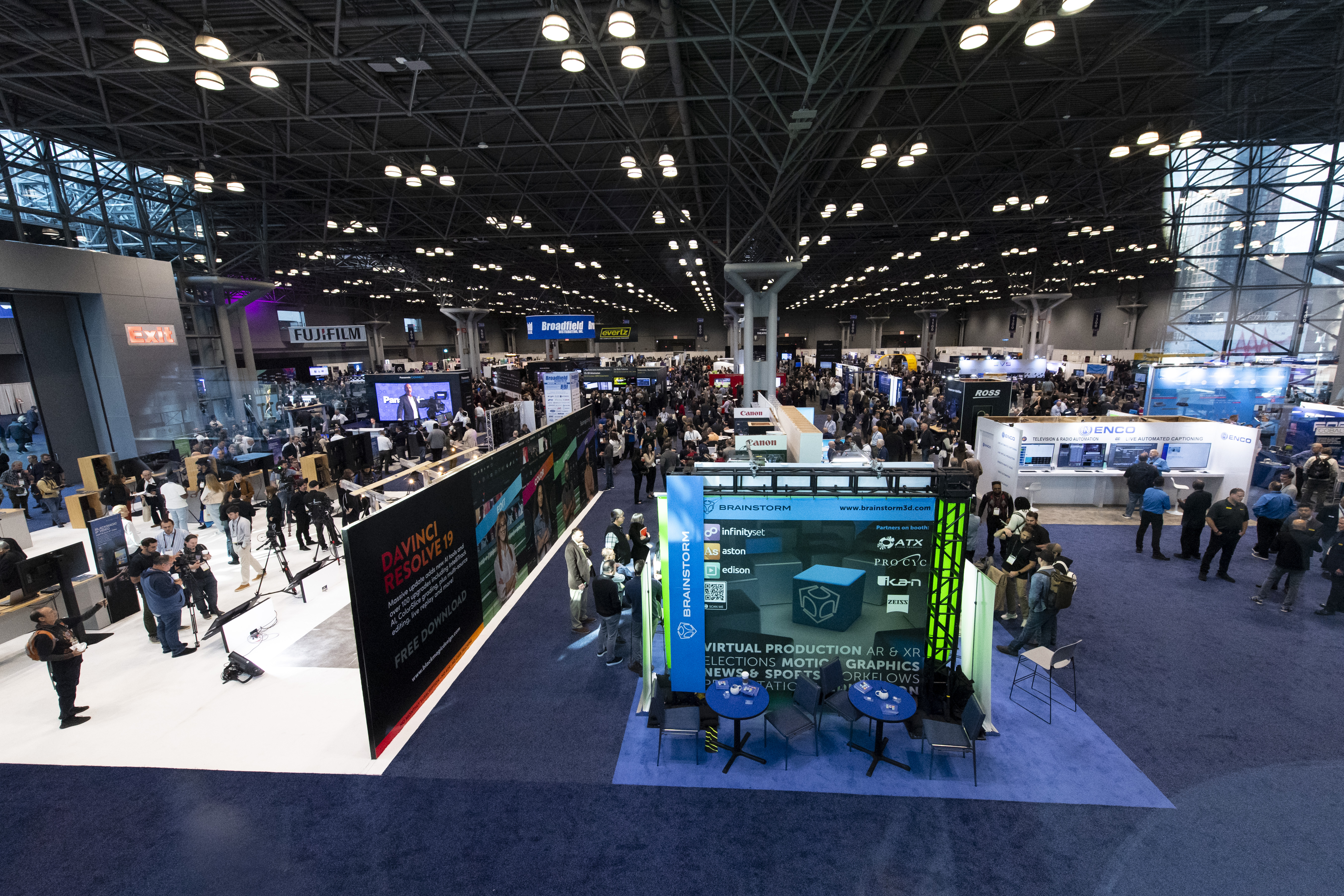Commission’s television history Web site worth the visit
Do your socks begin filling up with sweat when you think about explaining television to your son’s classmates on take-your-dad-to-school day? Do you dread answering your daughter’s million questions about television on mom-and-me day at work? Relax, help is at hand, and it comes from an unexpected source: the FCC.
You’re sure to go from a zero to a hero in the eyes of your little audience with a little preparation done at the newly launched FCC Web site that looks at the history of television in an interesting, informative and entertaining way.
Ever hear of Boston civil servant George Carey? What discussion of television would be complete without him? He was thinking about a complete television system only 100 years after the Founding Fathers signed the Declaration of Independence.
Perhaps you might want to mention Eugene Goldstein who invented the term “cathode ray tube,” Sheldon Bidwell’s experiments in telephotography or Paul Nipkow’s spinning metal disk system for electrically transmitting pictures.
Maybe Charles Jenkins is more to your liking. He was the first person to receive a U.S. television license for W3XK in Wheaton, Md., in 1928 and the first to transmit a television commercial in 1930.
There are links from the FCC television history site to other sites devoted to broadcast personalities like David Sarnoff, Alan DuMont, Vladimir Zworykin and Russell and Sigurd Varian. There’s information on the giants of the “Golden Age of Television Drama” like Arthur Miller and Paddy Chaveysky, the fathers of the first VTR and Ampex, their employer, Peter Goldmark, the creator of a mechanical color TV system, microwave relay, satellite transmission and cable TV.
Before you know it, you’ll feel like you’re more prepared to face that class or your little work companion for the day than most graduate students are to defend their theses.
The professional video industry's #1 source for news, trends and product and tech information. Sign up below.
Or, if you think all this knowledge will be wasted on your school-aged audience, you may wish to spend a little time there for your own edification. It certainly will give you something other than last night’s ball game to talk about at lunch.
For more information visit www.fcc.gov/omd/history.
